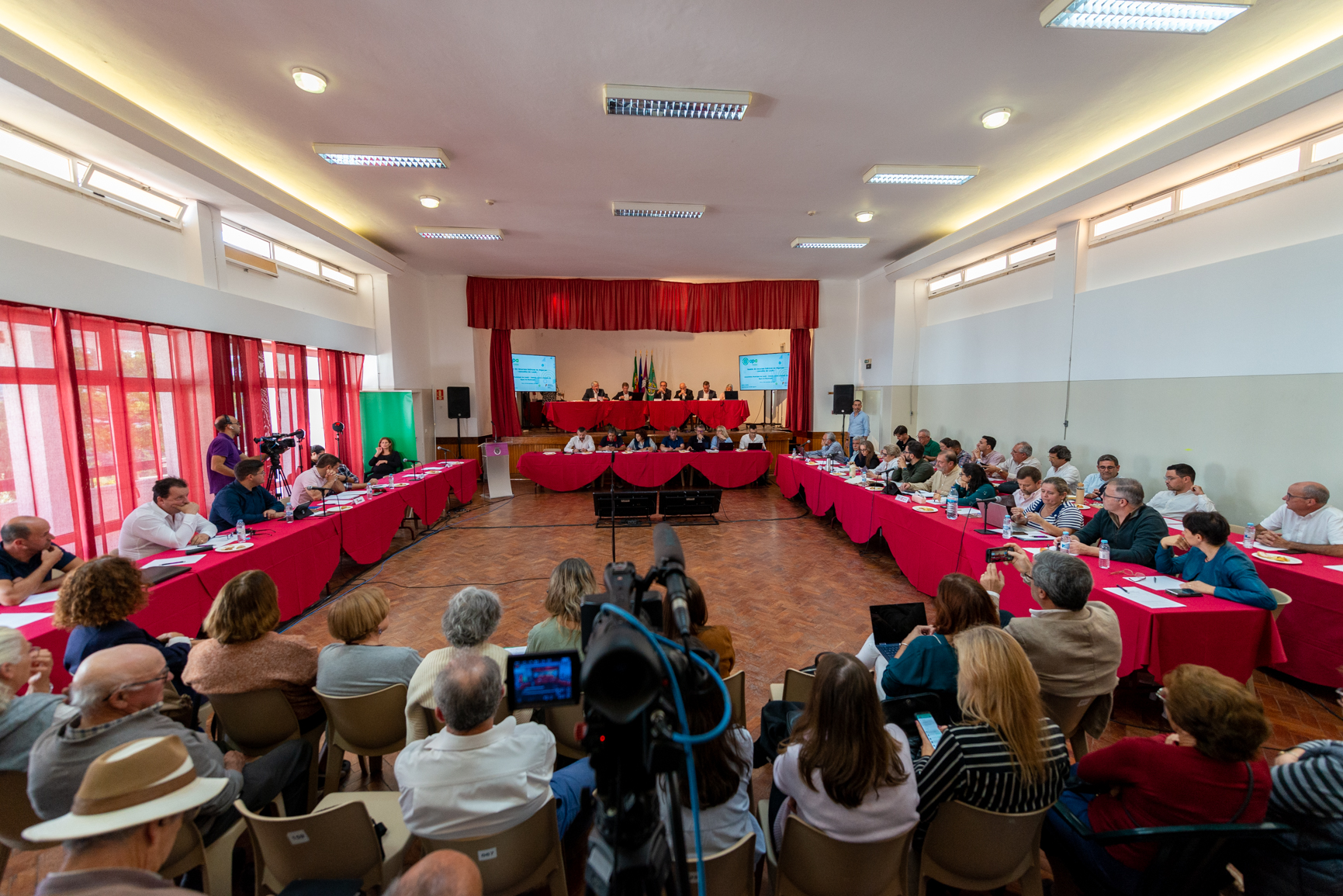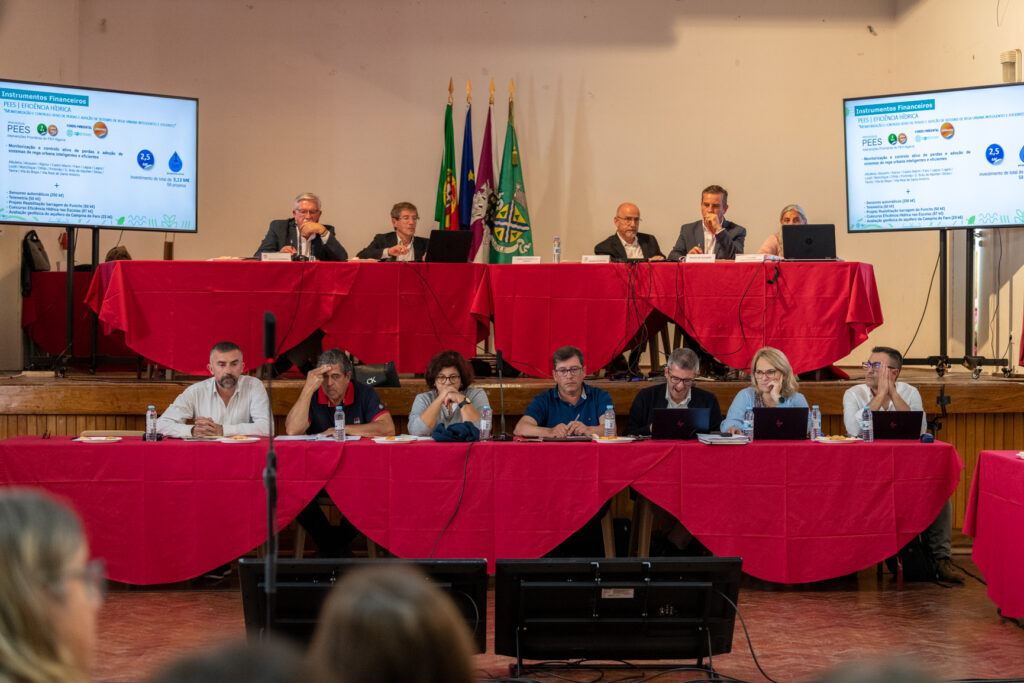Last Saturday, the Casa do Povo de Alte received a Loulé Municipal Assembly in an extraordinary thematic session where the problem of water scarcity was in focus.
The session was attended by the Portuguese Environment Agency, Águas do Algarve and the Água Sustentável Platform, which brought technical contributions to the debate.
By Vítor Aleixo, mayor of Loulé, an X-ray was taken of the work carried out within the municipality in relation to the way water is managed, in line with its policy for the environment.
The mayor spoke of the problem of water scarcity as one of the aspects of the climate crisis and highlighted the relevant framework of municipal policy, namely through the Municipal Climate Action Plan of Loulé and the Municipal Contingency Plan for Periods of Drought of Loulé, the latter approved last August.
«The Municipality of Loulé has already studied, already characterized and already knows the resources it has at its disposal so that, in a critical period with regard to the availability of water, it can face this major problem», he assured.
Among the measures incorporated in these documents, the mayor listed some guidelines for the work, which include, for example, conditioning the consumption of water in green spaces and the use of water in sports equipment or using alternative sources for watering the garden. and street washing.
Also the protocol for a temporary reduction in “large consumers”, the reduction of pressure on the network, the planning of alternative supplies in the active fight against water losses or the improvement of water supply infrastructure, as is the case with the investment foreseen in the PRR regarding the creation of a desalination plant, are part of this set of measures to face the problems of water scarcity.

The Municipality is also promoting the revision of the tariff model/invoicing system, so that those who consume the most pay more, as well as creating strategic water reserves.
With regard to ERSAR performance indicators, the municipality manages to have a good evaluation in the areas managed by municipal companies, but Loulé now has "a great challenge" which is to transpose the knowledge acquired over the years on the coast and apply it in the rest of the territory of the municipality in terms of unbilled water, which is 35,2% in the municipality of Loulé, a figure above the national average (28,7%)».
Renewing meters, monitoring illegal use and analyzing consumption, creating measurement and control areas, applying devices capable of detecting leaks and identifying areas are just some of the projects to reverse these numbers.
«Public entities continue to license the removal of stones and the deforestation of vast areas of hundreds of hectares. This cannot continue, we no longer have water to feed the agriculture we have. We have to stop the increase in irrigated areas of monoculture, intensive agriculture. We have to raise our voice to protest against this situation», stressed Vítor Aleixo.
Pedro Coelho, from the Portuguese Environment Agency, brought some elements to the plenary, namely a framework of the availability of groundwater and surface water in the municipality of Loulé and in the region, the main instruments at the service of good water management and contingency measures for drought .
«In the last 20 years, we have had 6 of the 10 driest years ever, but since 2015 we have had negative anomalies, with deficits in precipitation. In the Algarve, the problem is even more serious», he warned.
On the other hand, António Eusébio, from Águas do Algarve, stressed that «water scarcity in the Algarve is a structural problem and not a temporary one».
This official spoke of the PRR's submeasures for this water axis, worth 143 million euros, which are to promote the use of treated wastewater for reuse, increase the available capacity and resilience of reservoirs/adduction systems in high
existing ones, reinforce them with new sources of water and promote the desalination of sea water.
A group of citizens and associations such as Almargem are part of the Sustainable Water Platform, created in a context of concern for this issue.
In her representation, Lídia Brás was one more of the voices in this Assembly to expose the emergence of the problem of lack of water.
«We are in a very serious situation that is recognized worldwide», he considered, pointing to the combination of climate, available water and consumption as the generator of the current situation.



















Comments